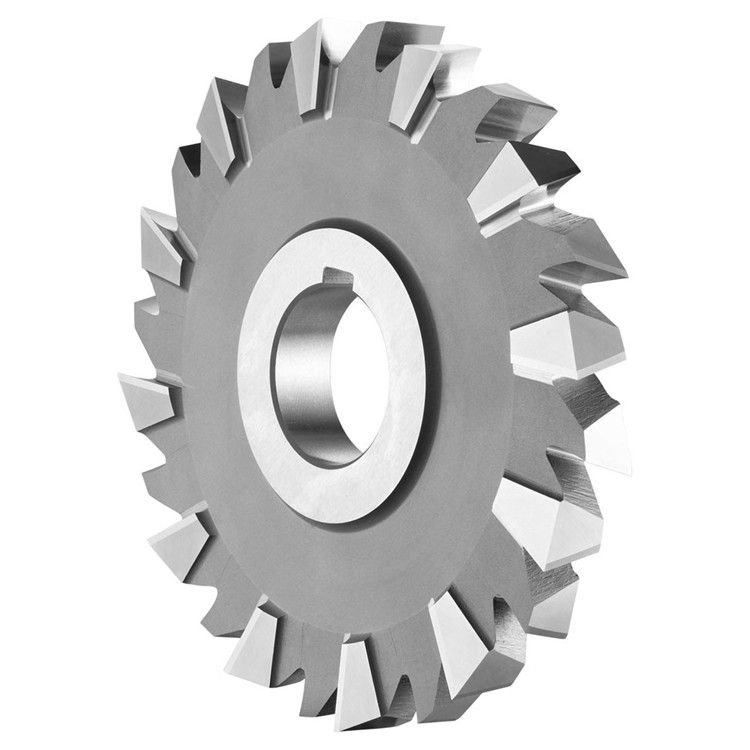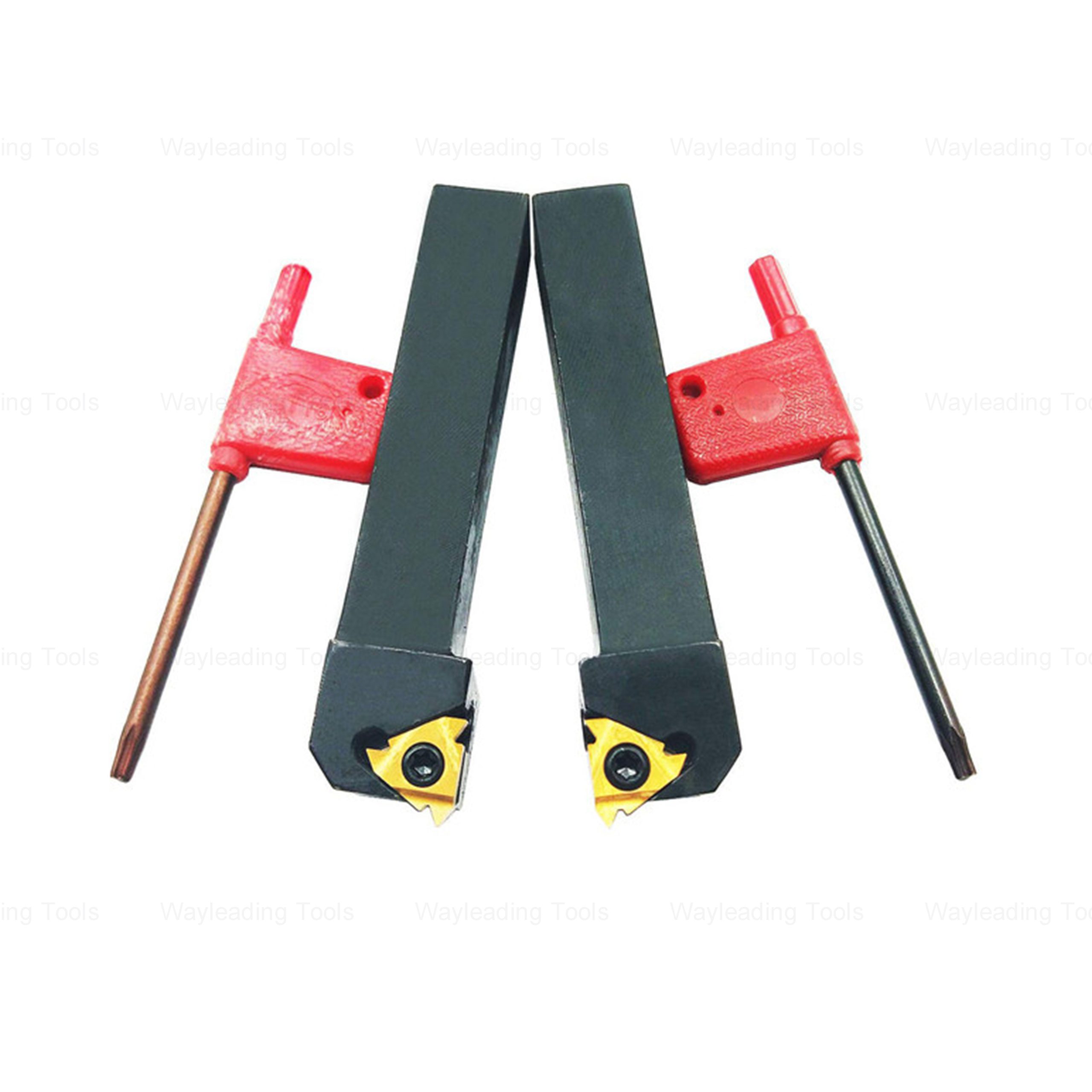Corner Rounding End Mill Manufacturer
Finding the right corner rounding end mill manufacturer is crucial for achieving precise and smooth edges in your machining projects. This article explores the key considerations when selecting a manufacturer, the types of corner rounding end mills available, and essential factors that influence the quality and performance of these tools.
Understanding Corner Rounding End Mills
Corner rounding end mills, also known as radius end mills, are specialized cutting tools used to create a rounded edge or radius on a workpiece. They are commonly used in various industries, including aerospace, automotive, and mold making, to deburr edges, improve aesthetics, and enhance the durability of parts.
Benefits of Using Corner Rounding End Mills
- Improved Edge Quality: Creates smooth, consistent, and professional-looking rounded edges.
- Deburring: Effectively removes sharp edges and burrs, improving safety and handling.
- Enhanced Durability: Rounded edges are less prone to chipping and cracking, increasing the lifespan of the workpiece.
- Reduced Stress Concentration: Rounded corners distribute stress more evenly, minimizing the risk of failure.
- Aesthetic Appeal: Provides a visually appealing finish, enhancing the overall quality of the product.
Key Considerations When Choosing a Corner Rounding End Mill Manufacturer
Selecting the right manufacturer is critical to ensure you receive high-quality corner rounding end mills that meet your specific needs. Here are some essential factors to consider:
1. Manufacturing Expertise and Experience
Look for a manufacturer with a proven track record in producing precision cutting tools. Consider their experience in manufacturing corner rounding end mills and their understanding of different materials and applications. A company like Wayleading Tools, with a history of providing high-quality cutting solutions, can be a reliable choice.
2. Material Quality and Tool Design
The quality of the materials used in the corner rounding end mill directly impacts its performance and longevity. High-speed steel (HSS) and solid carbide are common materials. Solid carbide end mills are more durable and can withstand higher cutting speeds. The tool design, including the number of flutes, helix angle, and coating, also plays a significant role.
3. Coating Options
Coatings enhance the performance of corner rounding end mills by reducing friction, increasing wear resistance, and improving heat dissipation. Common coating options include:
- Titanium Nitride (TiN): General-purpose coating for increased hardness and wear resistance.
- Titanium Carbonitride (TiCN): Offers higher hardness and better abrasion resistance than TiN.
- Aluminum Titanium Nitride (AlTiN): Provides excellent heat resistance and is suitable for high-speed machining.
- Diamond-Like Carbon (DLC): Offers very low friction and is ideal for non-ferrous materials.
4. Customization Capabilities
If you have specific requirements, such as a unique radius size or flute configuration, choose a manufacturer that offers customization options. This ensures that the corner rounding end mills are tailored to your specific application. Reputable corner rounding end mill manufacturer will work with you to create custom tools that meet your precise needs.
5. Quality Control and Certifications
Ensure the manufacturer has robust quality control processes in place to guarantee the consistency and accuracy of their products. Look for certifications such as ISO 9001, which indicates that the manufacturer adheres to international quality management standards.
6. Pricing and Lead Times
Consider the pricing and lead times offered by different manufacturers. While price is a factor, prioritize quality and performance to avoid costly rework or tool failures. Request quotes from multiple manufacturers to compare pricing and lead times.
Types of Corner Rounding End Mills
Corner rounding end mills are available in various types, each designed for specific applications. Here are some common types:
1. Standard Corner Rounding End Mills
These are general-purpose end mills with a rounded cutting edge, suitable for a wide range of materials and applications.
2. Ball Nose Corner Rounding End Mills
These end mills have a ball-shaped tip, allowing for intricate contours and 3D profiling. They are often used in mold making and die sinking.
3. Chamfer Corner Rounding End Mills
While not strictly corner rounding end mills, chamfer end mills create angled edges or chamfers, which can be used for deburring and edge breaking.
4. High-Feed Corner Rounding End Mills
Designed for high-speed machining, these end mills feature a specialized geometry that allows for increased feed rates and reduced cutting forces.
Factors Affecting the Performance of Corner Rounding End Mills
Several factors can influence the performance and lifespan of corner rounding end mills. Understanding these factors can help you optimize your machining processes:
1. Cutting Parameters
Proper cutting parameters, such as cutting speed, feed rate, and depth of cut, are crucial for achieving optimal results. Refer to the manufacturer's recommendations and adjust the parameters based on the material being machined.
2. Coolant Application
Coolant helps to dissipate heat, reduce friction, and flush away chips. Proper coolant application can significantly extend the lifespan of the corner rounding end mill and improve surface finish.
3. Machine Rigidity
A rigid machine setup is essential for minimizing vibration and chatter, which can negatively impact the performance of the end mill. Ensure that the workpiece and machine are securely clamped and that the machine is properly maintained.
4. Tool Maintenance
Regularly inspect the corner rounding end mill for wear and damage. Sharpen or replace the end mill as needed to maintain optimal cutting performance. Proper storage and handling can also help to prolong the lifespan of the tool.
Comparing Different Corner Rounding End Mill Manufacturer Options
To illustrate the differences between manufacturers, let's compare a few hypothetical scenarios (Data are for example only and should not be considered factual):
| Manufacturer | Material | Coating | Radius Options (mm) | Price (USD) |
|---|---|---|---|---|
| Wayleading Tools | Solid Carbide | AlTiN | 0.5 - 5.0 | $45 - $90 |
| Competitor A | HSS | TiN | 1.0 - 3.0 | $30 - $60 |
| Competitor B | Solid Carbide | TiCN | 0.8 - 4.0 | $50 - $100 |
Note: Prices and specifications are for illustrative purposes only and may vary. Always refer to the manufacturer's official website for the most up-to-date information.
Conclusion
Choosing the right corner rounding end mill manufacturer is essential for achieving precise and high-quality results in your machining projects. By considering factors such as manufacturing expertise, material quality, coating options, and customization capabilities, you can find a manufacturer that meets your specific needs and delivers reliable, long-lasting cutting tools. Remember to prioritize quality and performance to ensure optimal results and avoid costly rework or tool failures.
Related products
Related products
Best selling products
Best selling products-
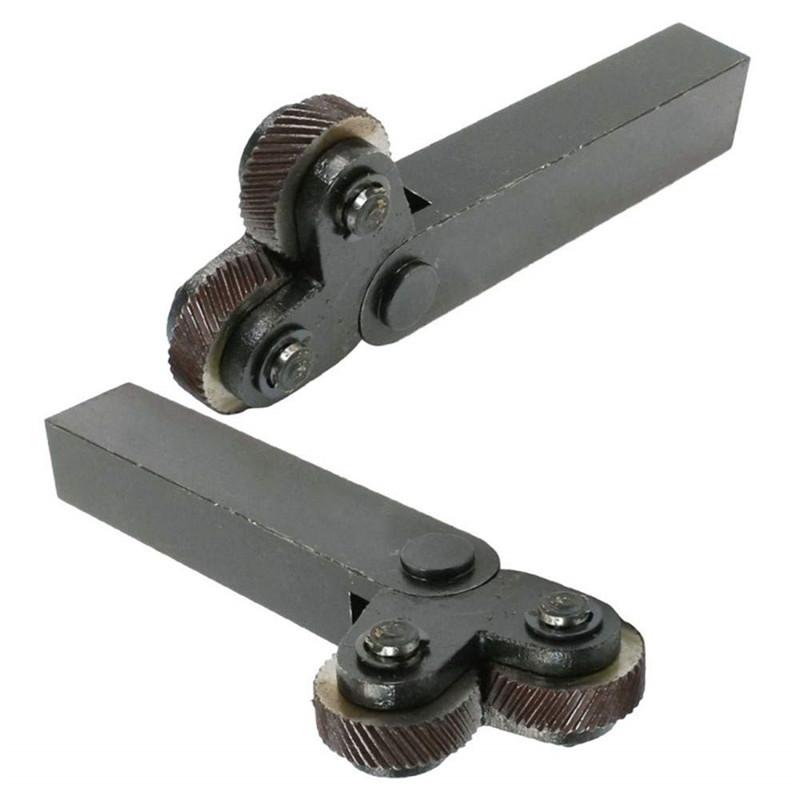 Dual Wheel Knurling Tools With Diamond Pattern For Industrial Type
Dual Wheel Knurling Tools With Diamond Pattern For Industrial Type -
 Precision Digital Bore Guage From 6-450mm Range
Precision Digital Bore Guage From 6-450mm Range -
 Precision 8pcs & 9pcs Angle Blocks Set With High Quality Type
Precision 8pcs & 9pcs Angle Blocks Set With High Quality Type -
 R8 Hex Collet With Inch and Metric Size
R8 Hex Collet With Inch and Metric Size -
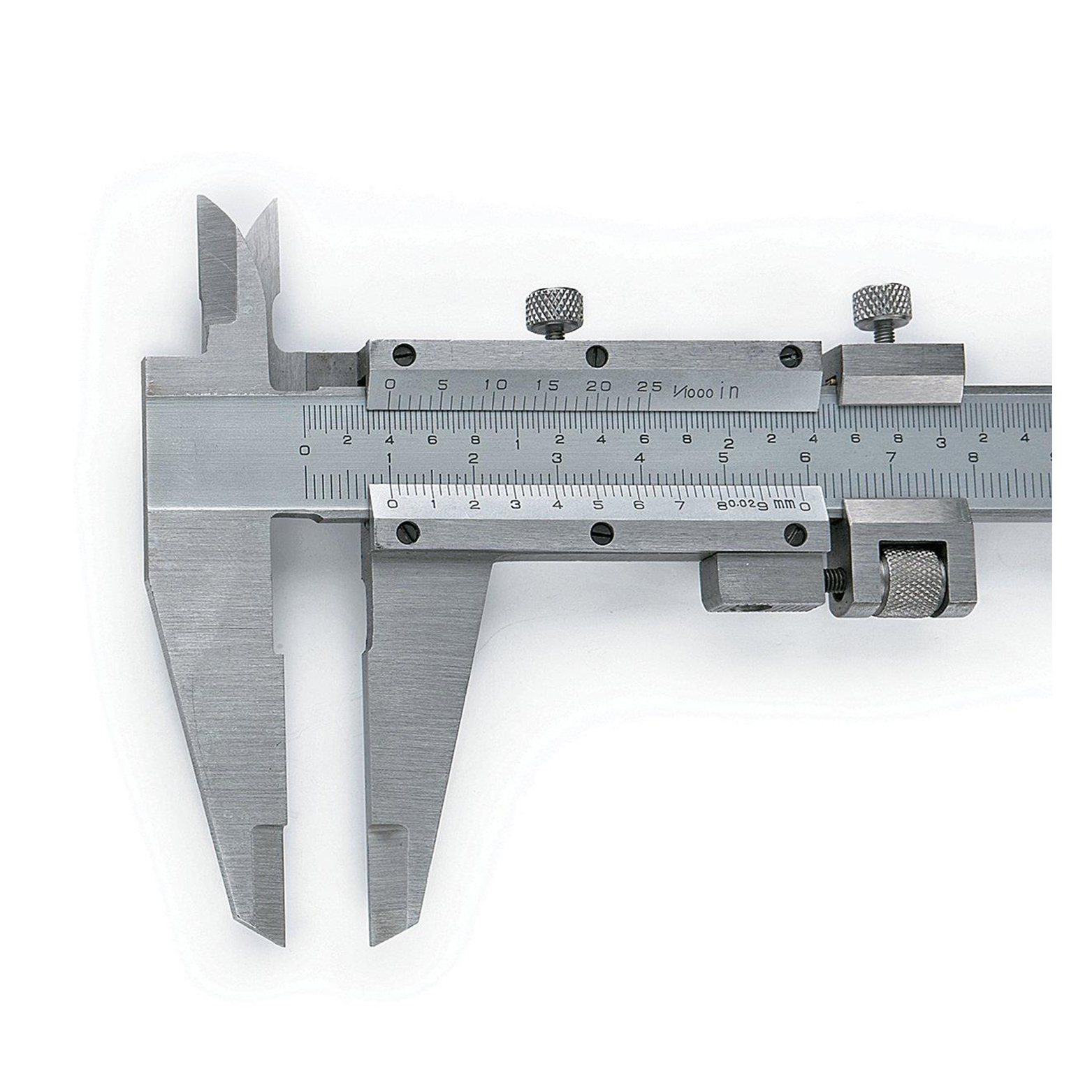 Precision Fine-Adjustment Vernier Caliper Of Metric & Imperial For Industrial
Precision Fine-Adjustment Vernier Caliper Of Metric & Imperial For Industrial -
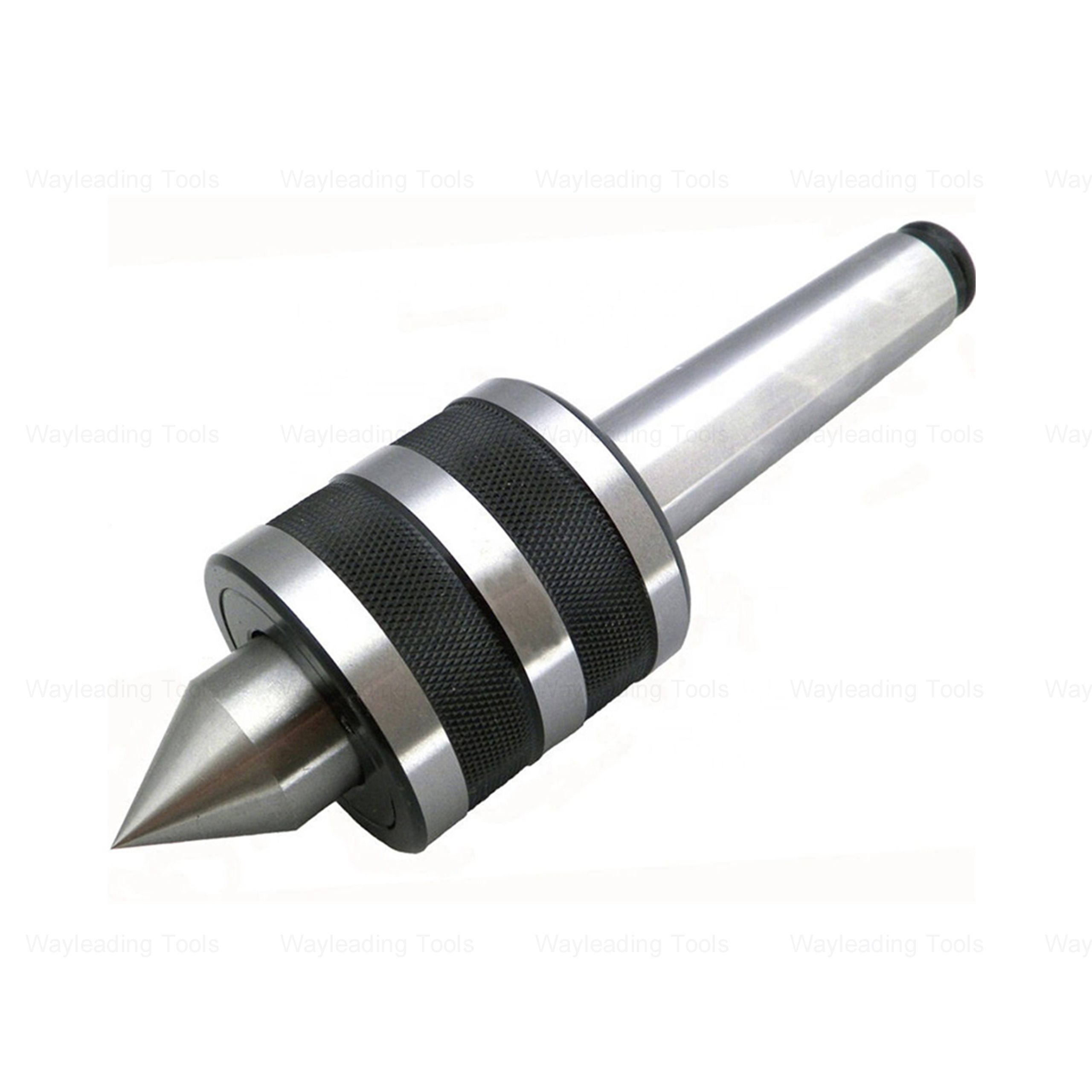 High Precision Medium-Duty Live Center – Hardened Tip, Morse Taper Shank
High Precision Medium-Duty Live Center – Hardened Tip, Morse Taper Shank -
 Precision V Block And Clamps Set With Industry Type
Precision V Block And Clamps Set With Industry Type -
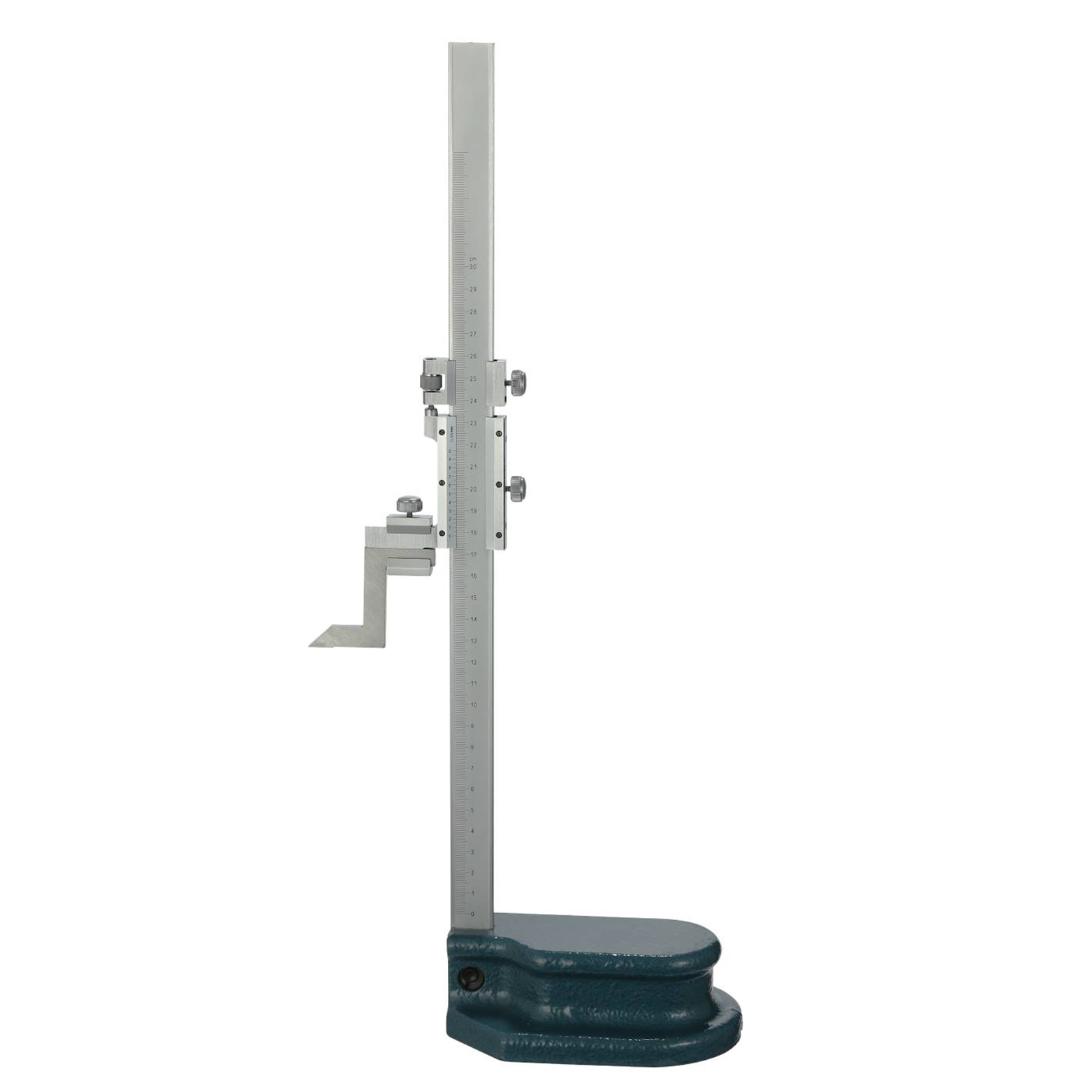 Vernier Height Gauge For Industrial
Vernier Height Gauge For Industrial -
 Digital Indicator – Precision Type, Inch/Metric, Industrial Grade
Digital Indicator – Precision Type, Inch/Metric, Industrial Grade -
 Deburring Tool Holder For The Deburring Tool Blades
Deburring Tool Holder For The Deburring Tool Blades -
 Electronic Digital Height Gauge From 300 to 2000mm
Electronic Digital Height Gauge From 300 to 2000mm -
 Metric HSS Step Drills With Straight Flute
Metric HSS Step Drills With Straight Flute

